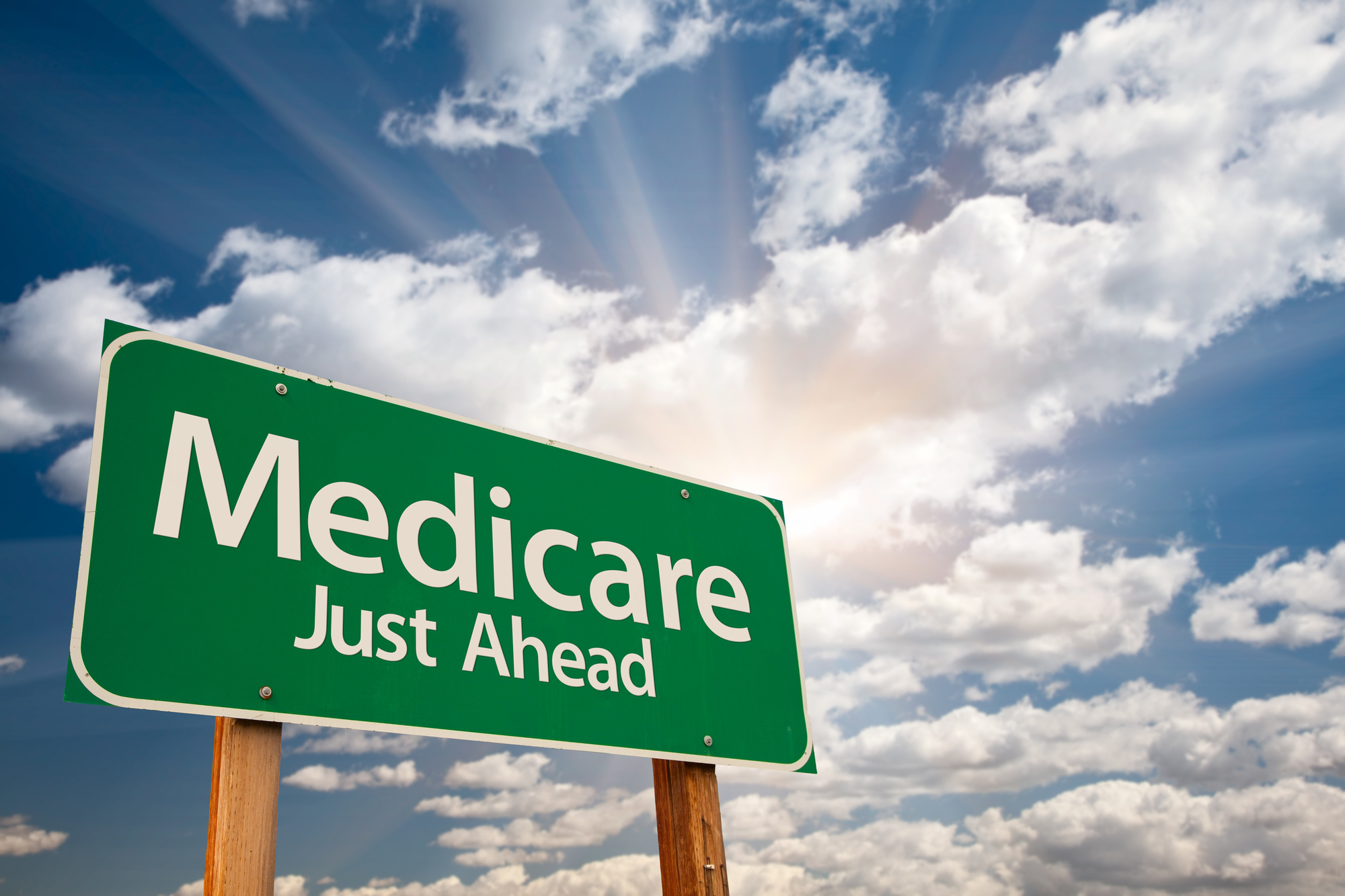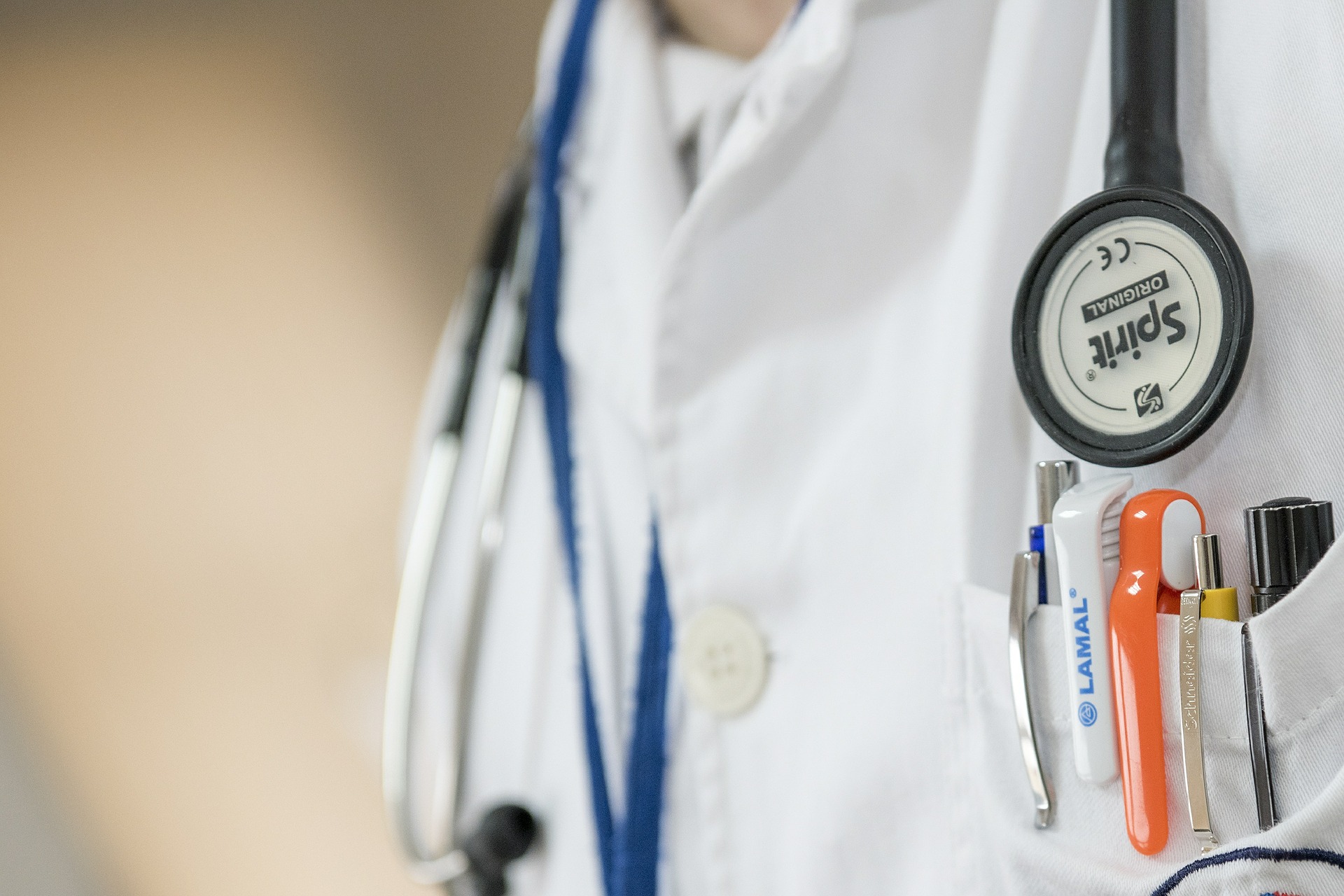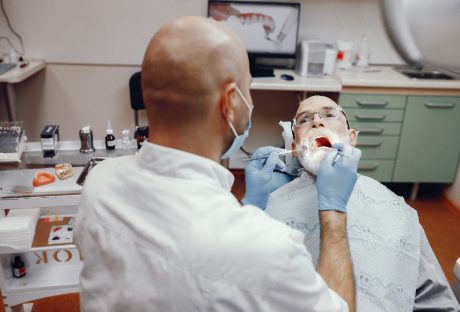Given that more than 40 million Americans benefit from what Medicare has to offer, there are many ways for older adults to stay healthy. Those with disabilities or who might be on the edge of the income limits should know the Medicare pros and cons before enrolling. There are plenty of reasons to choose Medicare or something else, so you need to know what suits your lifestyle.
Here are some of the most common pros and cons that people bring up when they’re struggling with this decision.
Pro: Coverage for the Uncovered:
One of the reasons that Medicare is such a powerful coverage tool is that it has offered coverage to millions of people who didn’t have it.
With this program, elder adults are covered and protected from medical catastrophes. With only half a million seniors uninsured from year to year now, it’s made it so that almost no one over 65 has to live without protection.
Because Medicare is for those who need it and have little means, it helps keep more Americans protected than ever.
Without it, elderly Americans would be forced to pay for medical treatment they couldn’t afford. Older people tend to need the most medical care, and so it’s vital that they have affordable and manageable care. Since elderly Americans are often retired, they don’t have the means to keep up with rising medical costs.
People with disabilities get help under Medicare to pay for the challenging costs of care. Without this aid, they would be dependant on caretakers and stuck with few options for care.
Con: There Are Massive Costs to Cover It:
Put all the costs of Medicare together and you’ll find that it costs nearly half a trillion dollars. While this might be a hard figure to quantify, it ends up being 15 percent of all of our federal spending. It’s only going to continue to grow in the future.
While there are several items in the federal budget that we don’t question the cost of, this is one we have to consider in a realistic sense.
The costs of medical care are constantly climbing ever higher and leading to insurmountable bills for the average American. Without any intervention by the federal government, the cost of healthcare and the cost of providing programs like Medicare will take a big cut out of taxes.
Without Medicare, we would have a much bigger tax base. However, we would have people who are constantly sick and in need of care, clinics that are filled to the brim, and elderly people who had no way to care for themselves.
While we could do some work to ensure that the money we have is spent more wisely, for now, we can imagine this money going to education or social justice. While it could help with programs to eliminate poverty, ultimately, more than half of bankruptcies are due to high medical bills.
Pro: Get More with Medicare Advantage:
For people who need more medical care than the average person, there are ways to supplement Medicare.
Those people who find that they’re at the limits of their Medicare coverage can sign up for the Medicare Advantage plan. Enrollment in this program is constantly growing and should be a powerful way for people to cover those massive increases in medical fees.
Paying for private insurance is difficult if you’re in the tax bracket eligible for Medicare. It’s also redundant given that so much of what’s covered by the standard medical plan is wrapped up in Original Medicare. However, with the help of Medicare Advantage, there is now a place for a third component that offers what many healthcare recipients need.
The way this works is that insurance companies provide benefits related to what’s missing from Medicare through a contract with the government. They offer them at competitive rates that are affordable to the average Medicare recipient.
People taking advantage of these plans get everything they expect from Part A and Part B of Medicare but then get more dental and vision benefits. This extension provides some of what’s missing in most of the other parts of this program.
Con: Bad Health Is Expensive:
If you’re in poor health, you have an intimate view into just how expensive healthcare is. Even if you’ve got great insurance, you’ve seen the prices that come on the bill before you get your care deducted. You could be paying double or triple what a healthy person pays every year, even with healthcare.
While you need to have great healthcare, you need to do what you can to stay healthy. Talk to your doctor about preventative care. You’re never too old to take action to lower your healthcare costs and your need for supplemental care.
There are many free preventative care programs that come standard with most Medicare plans. However, you need to take action to make sure you follow your doctors’ recommendations and stay on top of your health. Many people who incur high bills with Medicare suffer from problems that preventative medicine could assist with.
Even though this program costs very little from month to month, you need to manage your costs as they’ll add up on a limited budget. If you’re tight on money, Medicare supplements may be out of reach. This makes it all the more vital to staying on the good side of health.
Medicare Pros and Cons Are Individual:
Because everyone has their own healthcare needs and requirements, Medicare pros and cons vary from person to person. You need to get to know what you need and what you might need in the future before you decide on Medicare or any other insurance policy.
As more people suffer more chronic health issues, check out our guide to watch the trend.
Read Also:






















